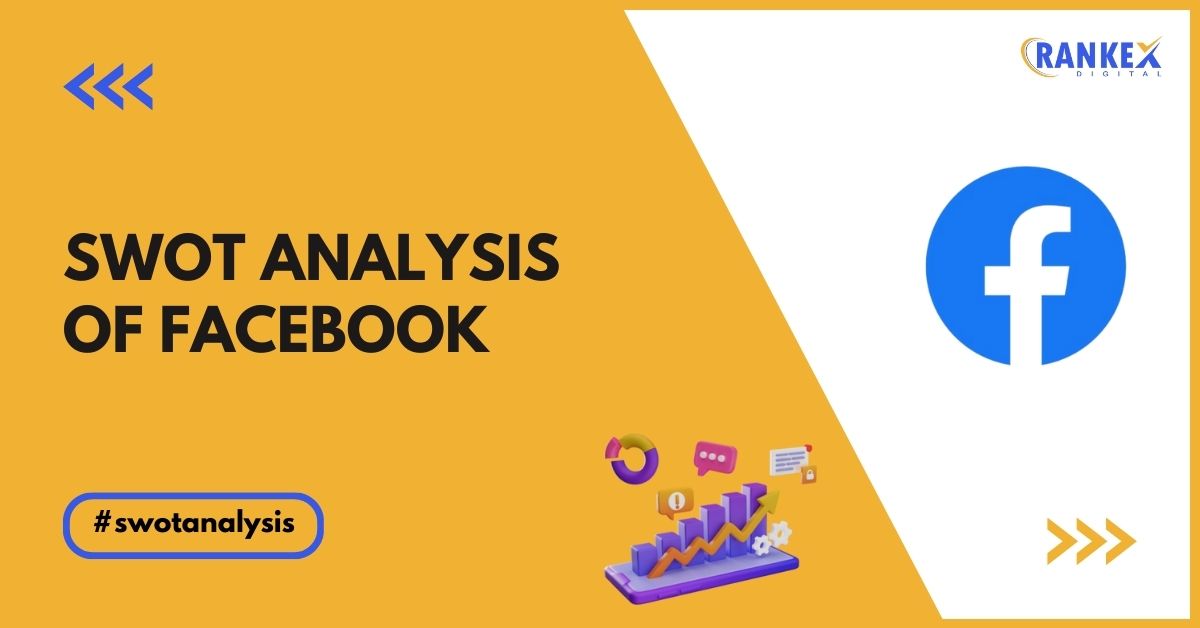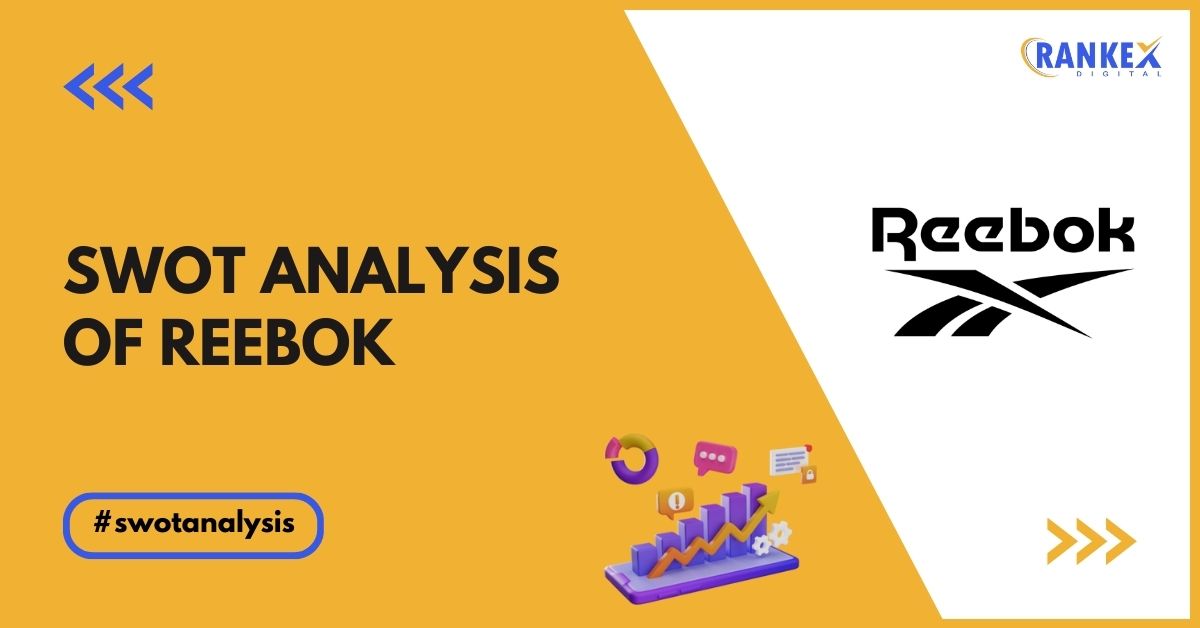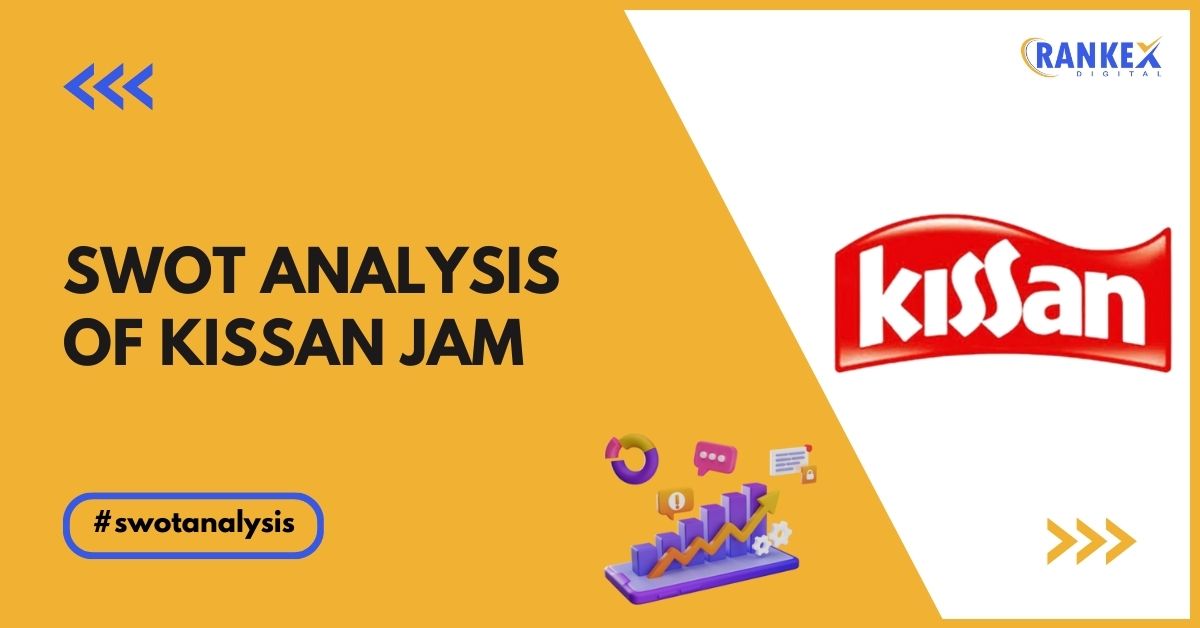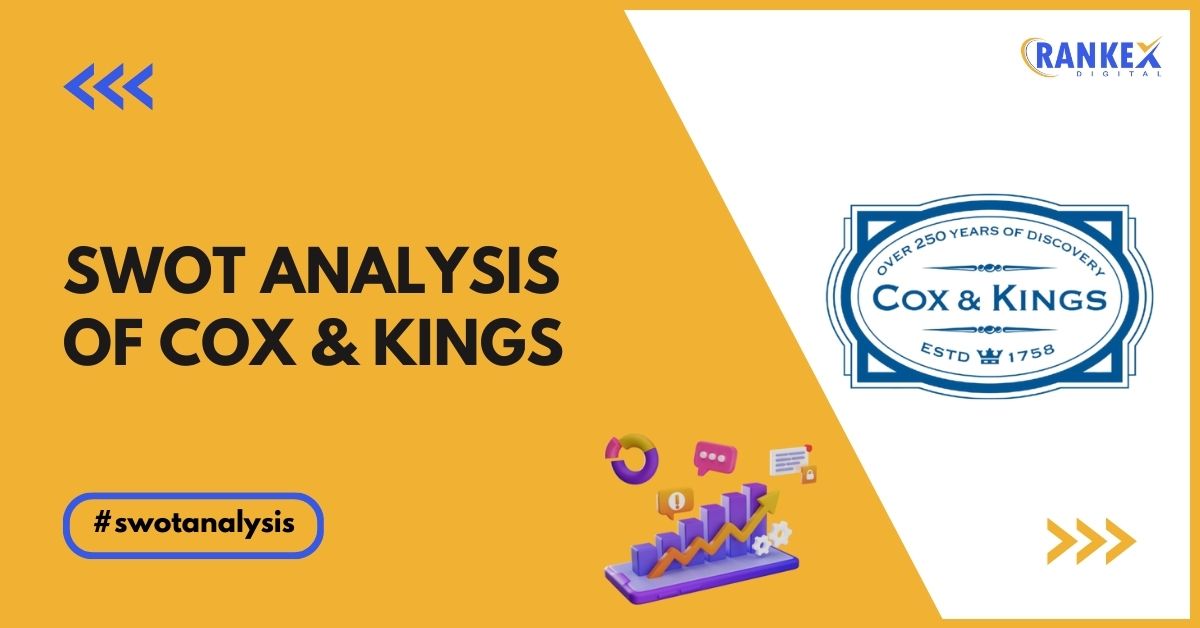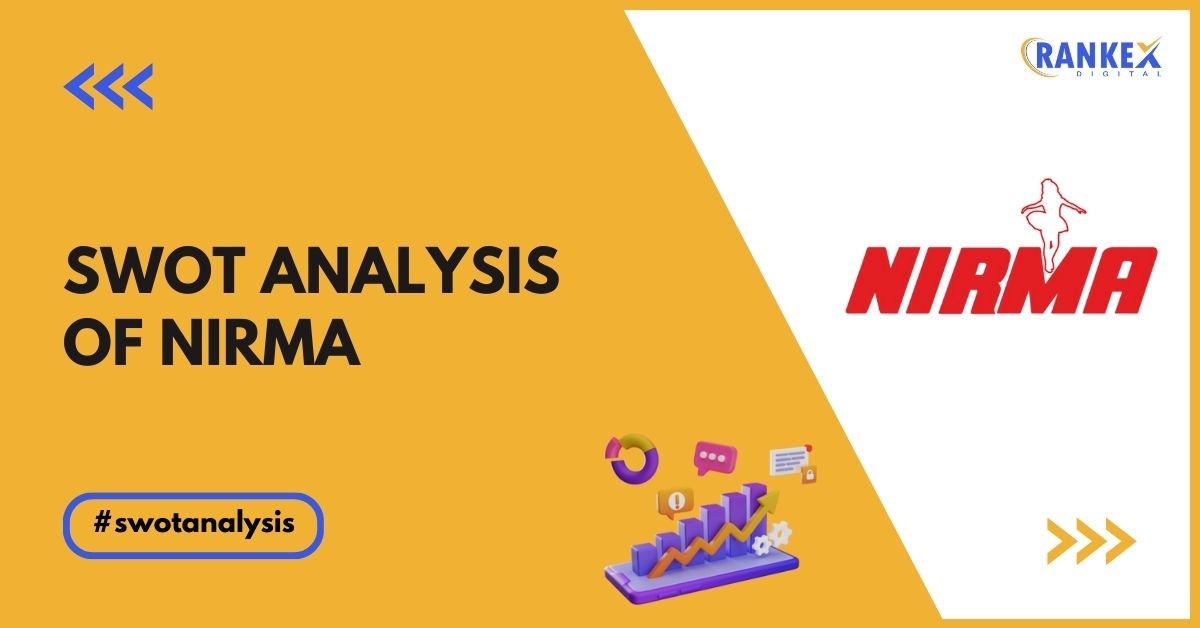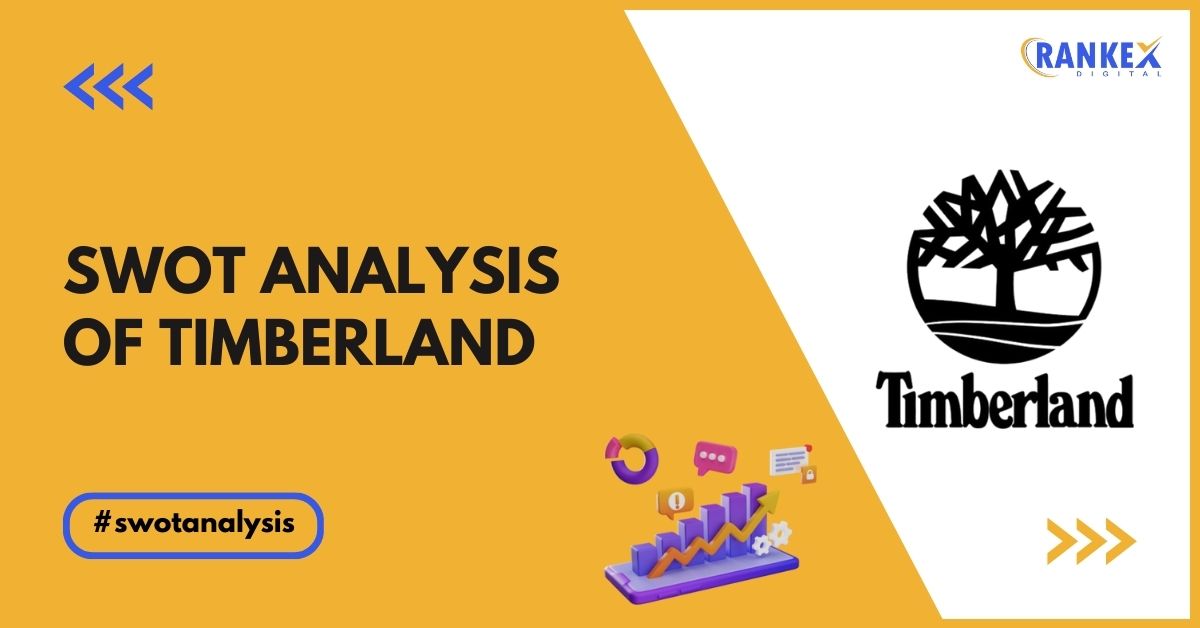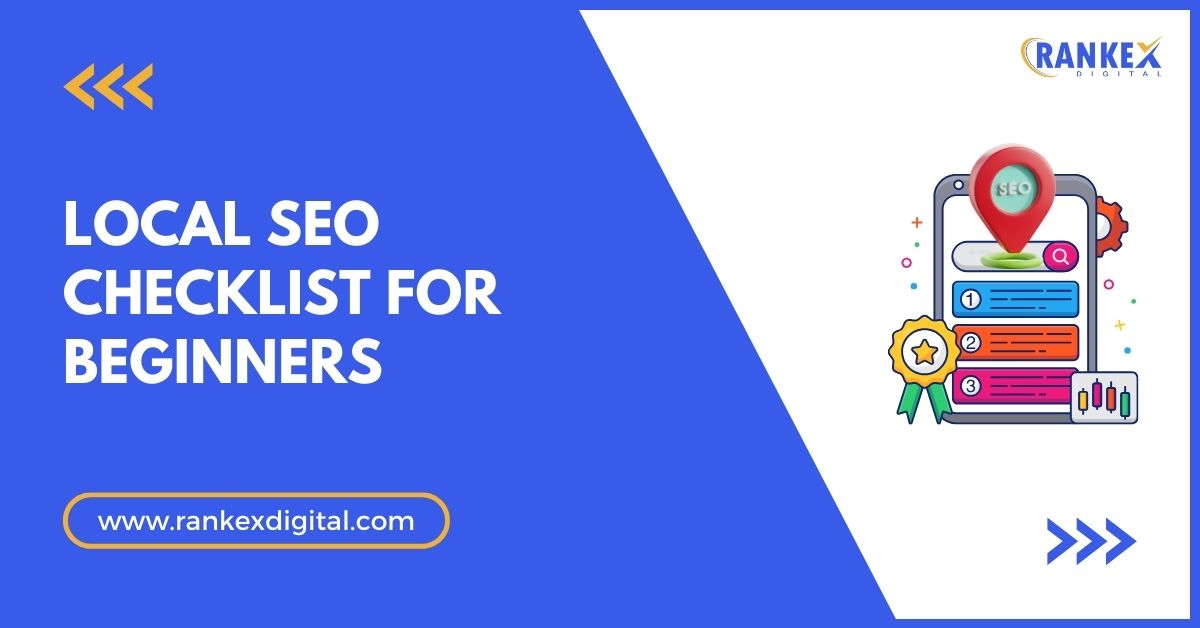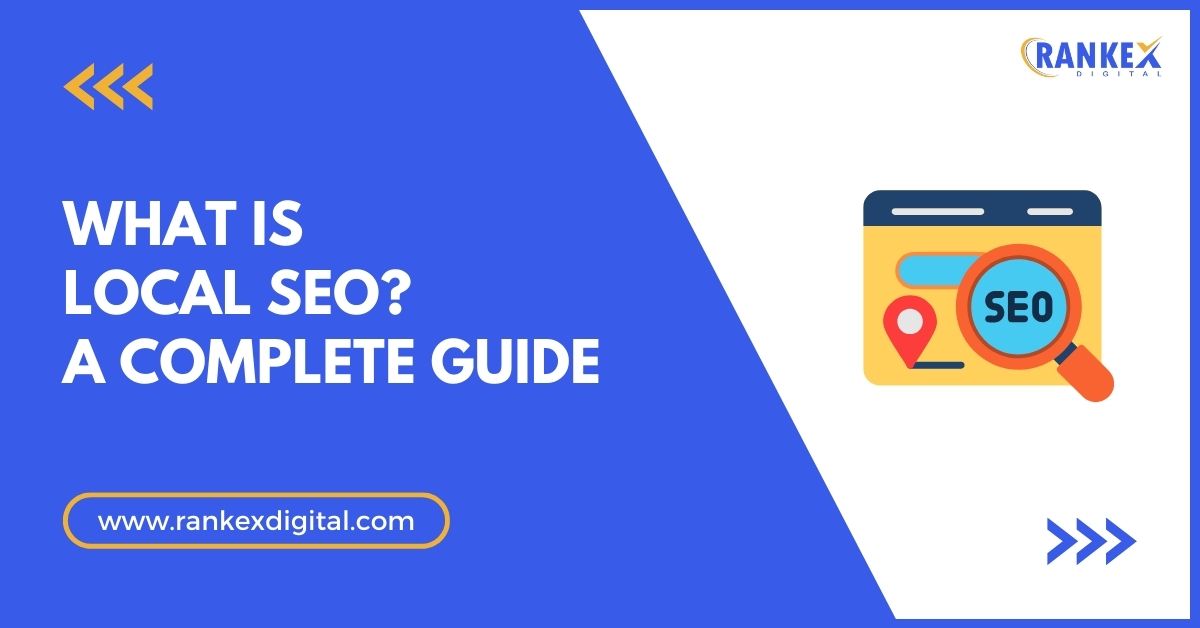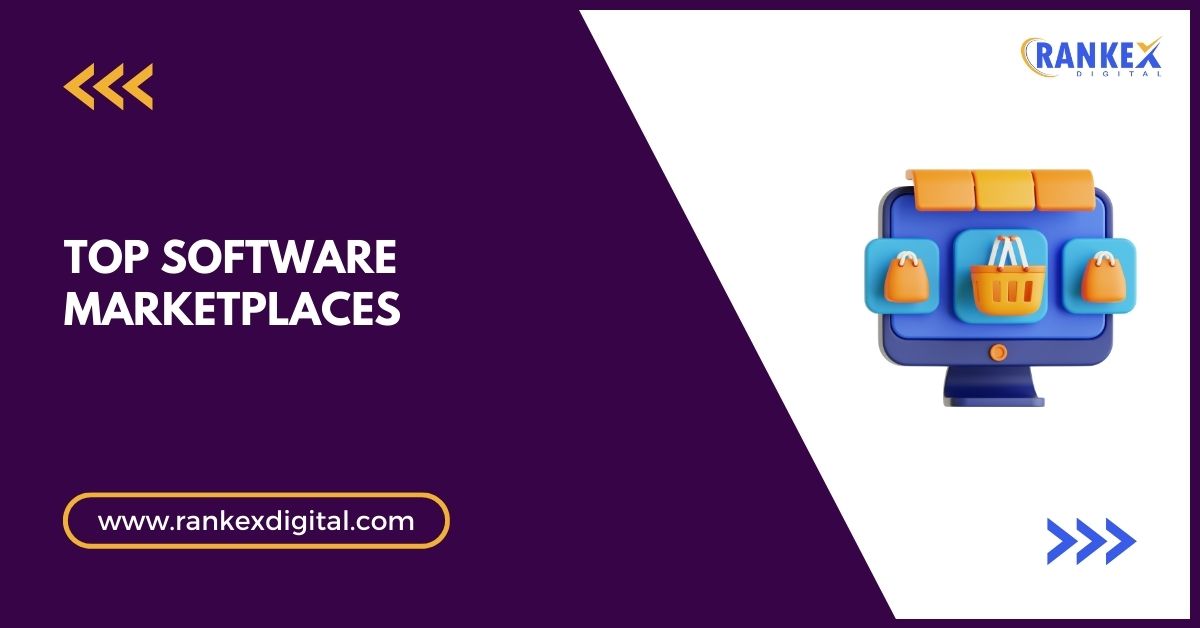Facebook, now known as Meta, is one of the most widely used social media platforms in the world. Founded in 2004 by Mark Zuckerberg, Facebook has revolutionized how people interact online, connecting over 2.8 billion active users across the globe. The platform has transformed from a social network for college students into a digital ecosystem encompassing messaging, content sharing, and even virtual reality.
This blog delves into a SWOT analysis of Facebook, examining its strengths, weaknesses, opportunities, and threats in the ever-evolving social media and tech industry.
In this blog
Overview of Facebook (Meta)

Facebook was originally created by Mark Zuckerberg, Eduardo Saverin, Andrew McCollum, Dustin Moskovitz, and Chris Hughes while at Harvard University. It quickly expanded to other universities and eventually to the public. Over the years, Facebook has acquired several major companies, including Instagram, WhatsApp, and Oculus, to further cement its dominance in the social media and digital advertising spaces.
Quick Stats About Facebook (Meta)
| Category | Details |
|---|---|
| Founder | Mark Zuckerberg, Eduardo Saverin, Andrew McCollum, Dustin Moskovitz, and Chris Hughes |
| Year Founded | 2004 |
| Headquarters | Menlo Park, California, USA |
| Employees | Over 70,000 |
| CEO | Mark Zuckerberg |
| Revenue (2023) | $116.6 Billion |
| Net Income (2023) | $23 Billion |
SWOT Analysis of Facebook
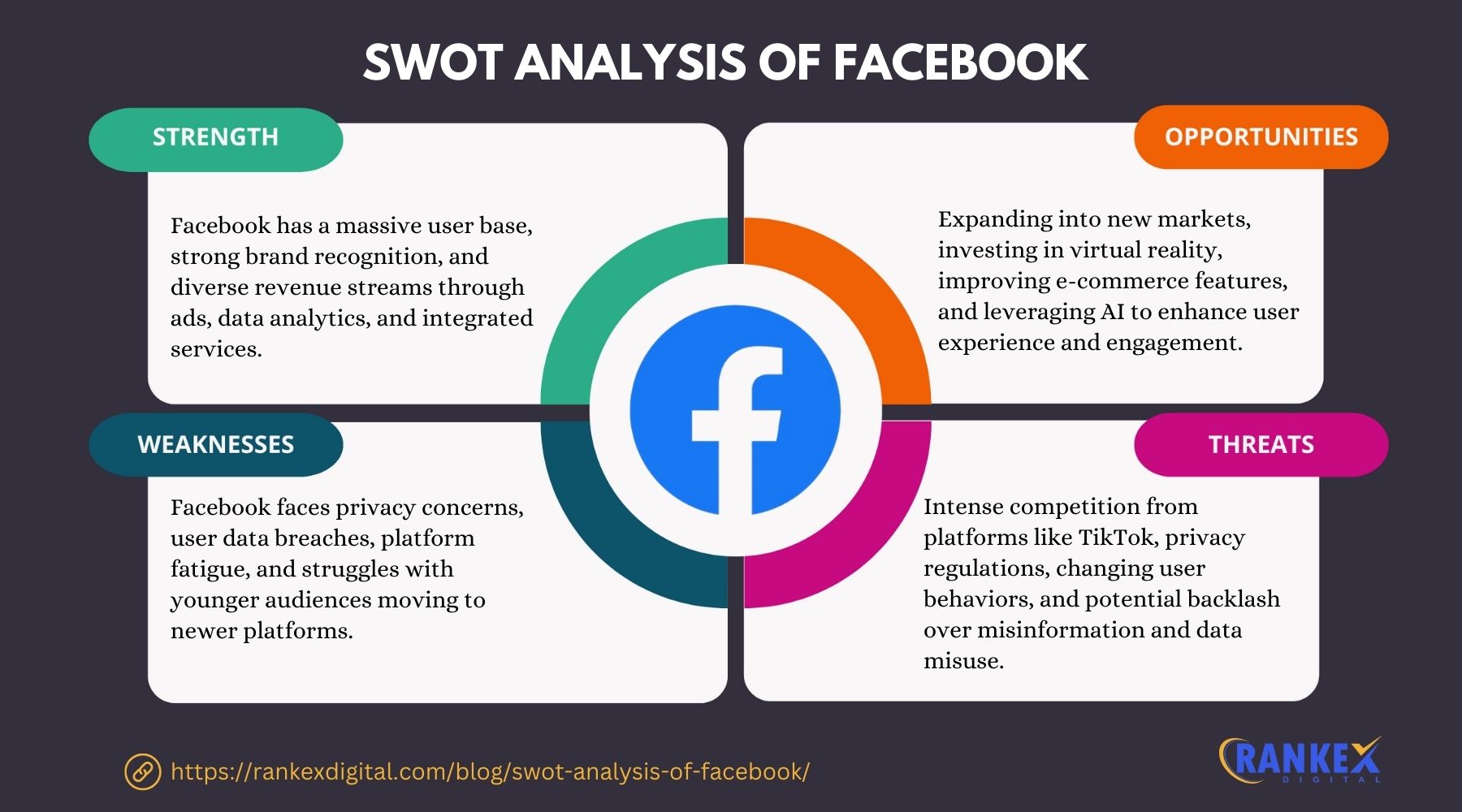
Strengths of Facebook
Massive User Base:
Facebook remains one of the most widely used platforms globally, with over 2.8 billion active users. This vast user base offers an unparalleled opportunity for advertisers to reach a broad, diverse audience. The platform’s ability to target users based on specific demographics, interests, behaviours, and locations makes it a powerful tool for businesses seeking to maximize their reach. The scale of Facebook’s user base also means that it serves as a valuable platform for social interaction, creating a network effect that further attracts users and advertisers alike. This massive user base is a significant advantage for Facebook as it continues to lead the social media space.
Dominance in Social Media and Advertising:
Facebook has firmly entrenched itself as the leader in the digital advertising space. A major portion of its revenue is generated through its highly advanced advertising network. Through precision targeting, businesses can connect with users who are more likely to engage with their products or services, leading to higher conversion rates and more effective ad campaigns. This capability has made Facebook the go-to platform for digital advertising, whether for small businesses or large enterprises. Its dominance in the social media and advertising sectors is further supported by its ability to offer advertising solutions across its various platforms, including Instagram, WhatsApp, and Messenger.
Acquisitions and Product Diversification:
Facebook has expanded its portfolio beyond traditional social media through key acquisitions. By purchasing Instagram, WhatsApp, and Oculus, Facebook (now Meta) has diversified its offerings and created synergies across its platforms. Instagram has cemented itself as a global leader in visual social media, WhatsApp has become a dominant messaging platform, and Oculus represents Meta’s push into virtual reality. These acquisitions enable Meta to cater to different demographics, capitalize on new technologies, and create new revenue streams. Facebook can leverage its extensive user data across these platforms to enhance user experience, targeting, and product offerings.
Strong Brand Recognition:
As one of the pioneers of social networking, Facebook has become synonymous with social media itself. The platform’s familiarity and brand recognition have allowed it to maintain its relevance even as competitors have emerged. Facebook has managed to stay ahead by continuously updating its features and introducing new tools, such as Facebook Live, Marketplace, and various new advertising formats. These innovations help keep users engaged and ensure that Facebook retains its status as the go-to platform for social networking, particularly for older generations. This strong brand recognition is one of the pillars of Facebook’s success and longevity.
Data and Analytics:
Facebook’s massive data repository and sophisticated analytics tools provide invaluable insights into user behaviour, which in turn benefits advertisers and Meta’s internal operations. Facebook can track detailed interactions such as what users like, share, comment on, and how they navigate the platform. This data allows businesses to create highly targeted and personalized advertising campaigns, improving their return on investment. Additionally, the data allows Facebook to continually refine its algorithms, enhancing user experience by showing more relevant content. For both advertisers and users, this wealth of data makes Facebook an attractive and engaging platform.
Weaknesses of Facebook
Privacy Concerns:
Facebook has faced several high-profile privacy scandals, including the infamous Cambridge Analytica incident, which exposed the company’s handling of user data. These incidents have damaged Facebook’s reputation and eroded trust among users, regulators, and advertisers. Privacy issues remain a key vulnerability for Facebook, especially as more users become concerned about how their personal data is being collected and used. Furthermore, stricter privacy regulations, such as the General Data Protection Regulation (GDPR) in Europe, create additional compliance challenges for the company.
Declining Younger Demographics:
While Facebook remains popular among older generations, younger users are increasingly flocking to other platforms like TikTok, Snapchat, and Instagram. This demographic shift is significant because younger users are a key driver of social media trends and engagement. As Facebook loses ground among younger audiences, it risks losing long-term relevance and the ability to attract advertisers who are eager to target this demographic. To counter this, Facebook has been attempting to adapt by acquiring platforms like Instagram and introducing new features, but the shift in user behaviour presents a persistent challenge.
Overreliance on Advertising Revenue:
Facebook’s business model is highly dependent on advertising, which makes it vulnerable to fluctuations in the ad market. If there is a downturn in the advertising industry, whether due to economic factors or changes in advertiser behaviour, Facebook could face financial challenges. Additionally, the company has faced scrutiny from advertisers about ad effectiveness, privacy concerns, and the platform’s content moderation practices, all of which could impact its ability to maintain advertising revenue growth.
Content Moderation and Misinformation:
Facebook has faced significant challenges when it comes to moderating content and managing misinformation. The platform has been criticized for its inability to control the spread of fake news, hate speech, and harmful content. Despite investing in artificial intelligence and human moderators, Facebook has struggled to prevent the viral spread of disinformation. This issue not only threatens the user experience but also risks regulatory action. Governments around the world are increasingly scrutinizing social media platforms like Facebook for their role in amplifying harmful content.
Market Saturation:
In certain developed markets, Facebook’s user base has plateaued or even declined, signalling market saturation. With fewer new users joining the platform in these regions, Facebook’s growth prospects have become limited in its most mature markets. To maintain growth, Facebook needs to focus on emerging markets where internet penetration is still increasing. However, this presents challenges in terms of local competition, cultural adaptation, and internet infrastructure.
Opportunities for Facebook
Expansion in Emerging Markets:
As internet access continues to grow in developing regions like Africa, South Asia, and Latin America, Facebook has a significant opportunity to expand its user base. These regions represent untapped markets where Facebook could introduce more localized content and features to meet the needs of new users. As mobile phone penetration and internet infrastructure improve in these areas, Facebook can take advantage of the rising demand for digital connectivity. Tailoring the platform for local languages, interests, and needs could help Facebook secure a larger share of the growing global digital population.
Virtual Reality and Metaverse:
Facebook’s push into virtual reality (VR) with the acquisition of Oculus and its broader Metaverse initiative presents a major opportunity for the company. By building a virtual space for social interaction, gaming, commerce, and work, Facebook (Meta) could revolutionize the way people connect and interact online. The Metaverse could provide new ways for users to experience social media, collaborate in virtual environments, or engage in immersive entertainment. As VR technology advances, Meta could create entirely new revenue streams and redefine its role in the tech ecosystem.
E-Commerce Integration:
Facebook has made significant strides in integrating e-commerce into its platform, notably through Facebook Shops and Instagram Shopping. These features allow businesses to create online stores directly within Facebook’s ecosystem, enabling seamless transactions without users having to leave the platform. As e-commerce continues to grow, Facebook could expand these features further, creating a more comprehensive shopping experience. By fully integrating e-commerce across Facebook, Instagram, and WhatsApp, Meta could become a major player in online retail, capturing more advertising dollars and increasing user engagement.
Adapting to New Trends:
Meta has the opportunity to capitalize on emerging trends in digital content, such as augmented reality (AR), short-form video content (e.g., Reels), and live streaming. These trends resonate particularly with younger audiences, which Facebook is trying to attract. By further integrating AR features into its platforms and investing in live-streaming capabilities, Meta can enhance user engagement and retain its relevance in the face of competition from newer platforms. These trends also offer new monetization opportunities, such as in-app purchases or branded content partnerships.
Improving Content Monetization:
As content creation becomes increasingly important on social media platforms, Facebook can enhance its monetization options for creators. Instagram has already introduced tools for influencers to earn money through branded content, and Facebook can expand this model to include more revenue-sharing features. By offering additional tools for content creators, such as improved ad revenue splits, fan subscriptions, or access to premium content, Facebook can further lock in users and increase the time they spend on the platform. This would drive user engagement while diversifying Facebook’s revenue streams.
Threats to Facebook
Competition from New Platforms:
Facebook faces stiff competition from newer platforms like TikTok, Snapchat, and even YouTube. TikTok, in particular, has gained significant traction among younger audiences and is growing rapidly as a content creation and sharing platform. TikTok’s focus on short-form video content and its unique algorithm have drawn millions of users, challenging Facebook’s traditional social media model. These platforms’ focus on user-generated content, as well as their innovative features, put Facebook at risk of losing market share among younger demographics, which is critical to the platform’s long-term viability.
Regulatory Scrutiny:
As one of the largest tech companies in the world, Facebook is under increasing scrutiny from regulators globally. Governments in the EU, the US, and other regions have introduced, or are considering, stricter regulations concerning data privacy, anti-competitive practices, and user content moderation. Privacy laws like GDPR have forced Facebook to change its approach to data collection, while antitrust investigations into its acquisitions and market dominance are ongoing. As regulations tighten, Facebook could face higher compliance costs, restrictions on certain business practices, or penalties for past violations, all of which could limit its ability to operate freely.
Privacy Concerns and Data Breaches:
Privacy remains a significant concern for Facebook, particularly as more users become aware of how their data is collected, stored, and used. Data breaches, such as the 2018 hack that exposed the personal information of millions of users, highlight the vulnerabilities Facebook faces in safeguarding user data. Ongoing privacy concerns could lead to a loss of trust, stricter regulations, or legal actions against the company. If Facebook cannot effectively address these concerns, it risks losing users and advertisers who prioritize data security.
Changing Consumer Behavior:
Users are increasingly gravitating towards platforms that prioritize user privacy, provide more organic content, or offer less intrusive advertising. Younger audiences, in particular, are becoming more selective about the platforms they use and are drawn to more engaging and immersive experiences. If Facebook fails to adapt to these changing preferences, it risks losing market share to competitors that align more closely with evolving consumer values. For instance, platforms like TikTok have integrated content creation and user engagement features in ways that Facebook has yet to replicate.
Negative Public Perception:
Facebook has faced ongoing public relations challenges related to its handling of misinformation, data breaches, and other controversies. The negative press from scandals such as Cambridge Analytica, its involvement in political ad targeting, and content moderation failures have eroded user trust and damaged the platform’s reputation. As public perception continues to be shaped by these issues, Facebook must work harder to restore its credibility with users and regulators. If the company is unable to manage its reputation, it risks losing the loyalty of both users and advertisers.
Frequently Asked Questions
What is Facebook’s biggest strength?
Facebook’s biggest strength lies in its massive user base and dominance in digital advertising, which offers businesses access to a wide and targeted audience.
How does Facebook handle competition from other social media platforms?
Facebook handles competition through strategic acquisitions (like Instagram and WhatsApp), continuous platform updates, and diversification into new areas like virtual reality and e-commerce.
What are Facebook’s plans for the metaverse?
Meta is heavily investing in the metaverse and virtual reality through its Oculus brand and virtual spaces where users can interact, work, and play in immersive digital environments.
How is Facebook tackling privacy concerns?
Facebook is taking steps to improve user privacy by updating its data policies and increasing transparency, but it still faces challenges and regulatory scrutiny related to data protection.
How does Facebook generate revenue?
Facebook primarily generates revenue through advertising. Businesses pay to display ads that are targeted based on Facebook’s extensive user data and behaviour analytics.
Conclusion
Facebook’s SWOT analysis reveals a platform that continues to lead the social media industry through its vast user base, innovative acquisitions, and dominance in digital advertising. However, the company faces significant challenges, including privacy concerns, intense competition, and market saturation.
By embracing emerging technologies like the metaverse and evolving its approach to e-commerce and content creation, Meta can maintain its position as a global tech leader.

